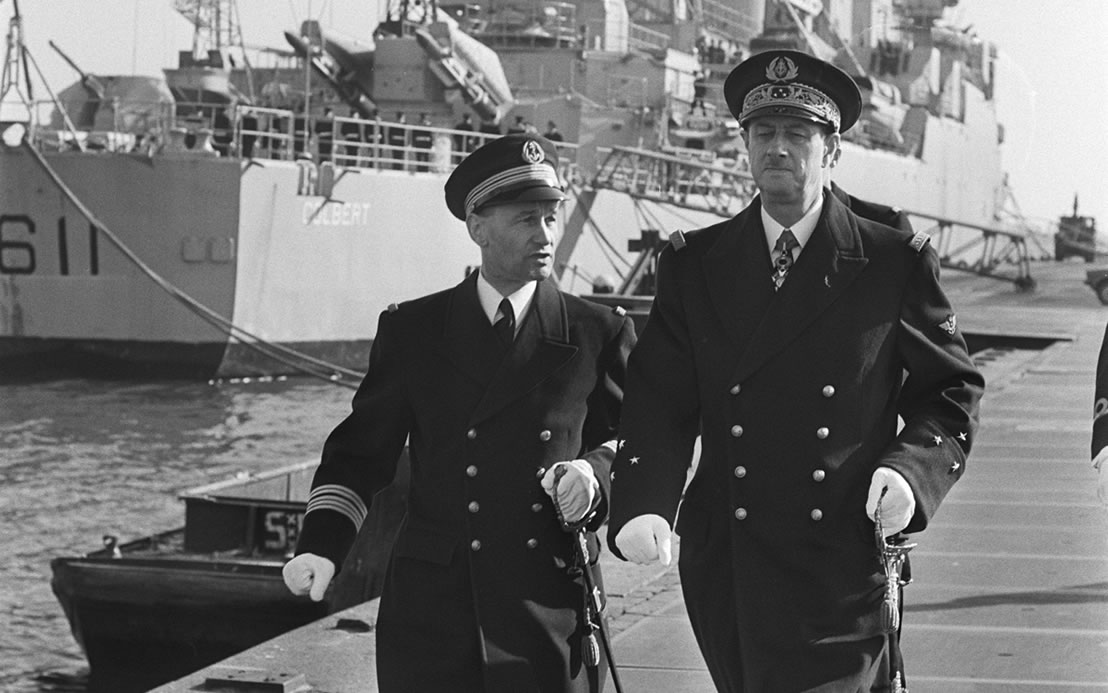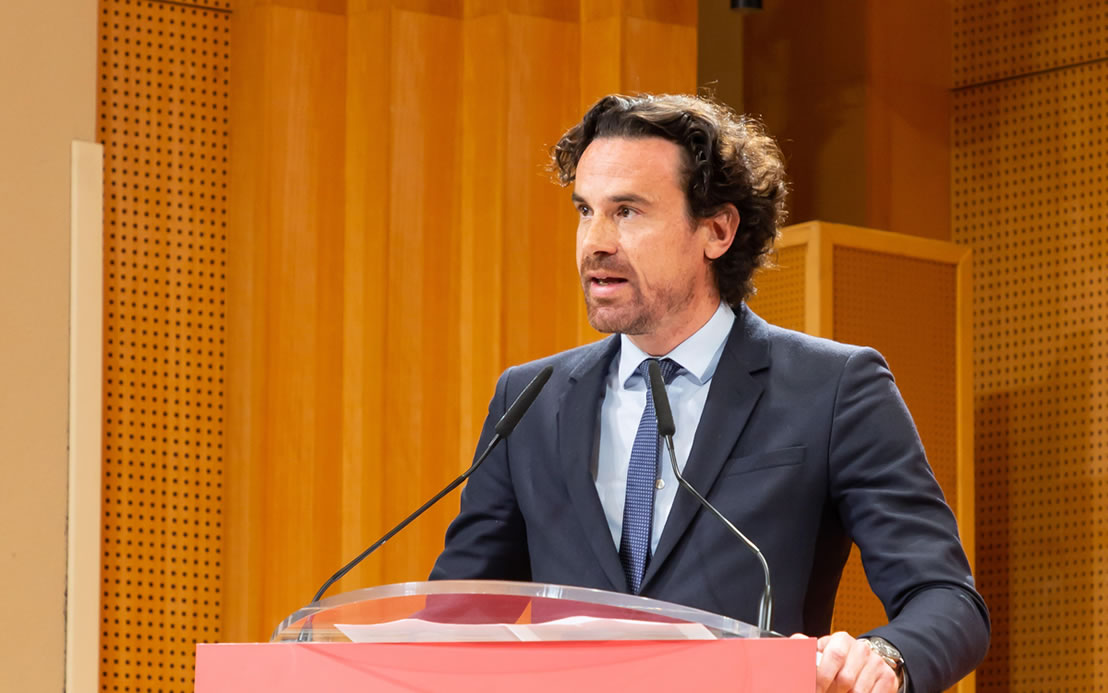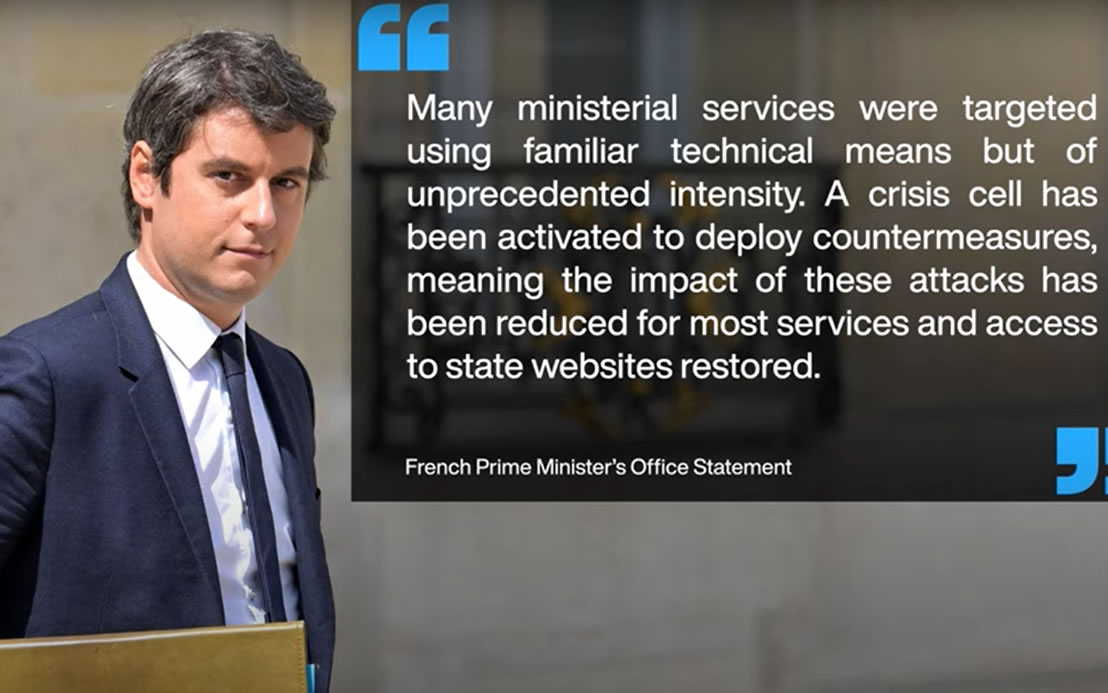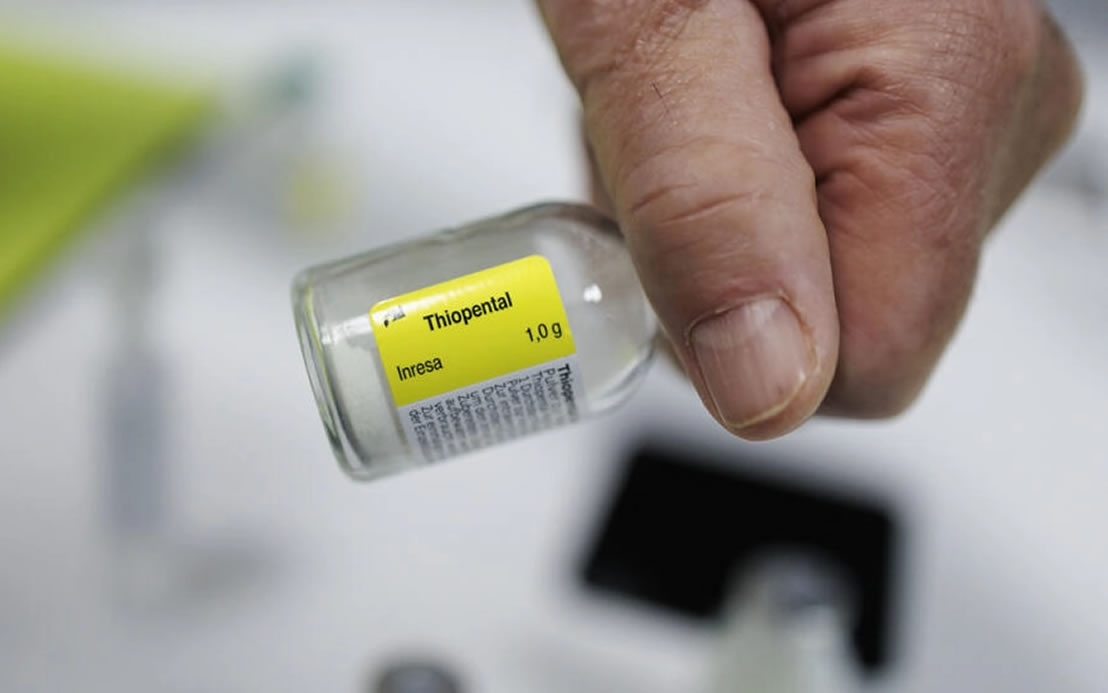The modernization of transport and road safety in Ivory Coast is a pressing issue as outdated vehicles contribute to fatal accidents. During a meeting with transport stakeholders, Minister Amadou Koné emphasized the need for vehicle fleet renewal to improve safety and efficiency. The government has already invested in road infrastructure, but the private sector must also play its part by replacing aging vehicles. Accidents are often linked to mechanical failures, human error, and poor tire quality, prompting the government to introduce stricter controls. This initiative is not just about safety; it also impacts the economy by enhancing transport efficiency, reducing maintenance costs, and boosting investor confidence. Challenges such as financial constraints for transporters, enforcement of regulations, and the availability of modern vehicles remain. Addressing these concerns will determine the success of Ivory Coast’s efforts to modernize its transport sector and enhance road safety.
Key Concerns Addressed
- Aging vehicle fleets contributing to frequent and severe accidents.
- Poor road safety standards causing loss of lives and economic damage.
- High maintenance costs for old and inefficient vehicles.
- Lack of compliance with highway codes among road users.
- Defective vehicle parts such as brakes and tires leading to accidents.
- Financial challenges preventing transporters from upgrading their fleets.
- Insufficient infrastructure despite government investments in roads.
- Need for stricter quality control on vehicle tires and spare parts.
- Unregulated transport practices increasing accident risks.
- Limited public awareness about modern transport regulations.
The Role of Modernization in Transport and Road Safety
1. Upgrading Vehicle Fleets for Safer Roads
The modernization of transport and road safety in Ivory Coast is crucial in reducing accidents. A significant number of road fatalities involve vehicles over 20 years old, highlighting the urgent need for fleet renewal. Newer vehicles come with better safety features, reducing the risk of mechanical failures and improving overall road conditions. The government’s call for transporters to modernize their fleets aligns with its broader strategy to enhance road safety and efficiency.
2. Strengthening Regulations to Ensure Compliance
Enforcing strict road safety measures is a key component of transport modernization. The government has implemented policies to improve vehicle inspection standards, especially focusing on brakes and tire quality. By ensuring compliance with the highway code, authorities aim to reduce reckless driving, improve road discipline, and ultimately lower accident rates. Strict penalties for non-compliance will further drive adherence to safety regulations.
3. Enhancing Infrastructure to Support Modern Transport
Road infrastructure plays a vital role in transport modernization. The government has been investing in highways, urban roads, and traffic management systems to accommodate a growing number of vehicles. Improved road conditions lead to smoother traffic flow, reduced vehicle wear and tear, and increased overall efficiency. Modern roads also support the integration of intelligent transport systems that enhance safety and monitoring.
4. Addressing Financial Barriers to Fleet Renewal
One of the biggest challenges to modernizing transport in Ivory Coast is the financial burden on transporters. Many vehicle owners lack the resources to replace old vehicles, making state-backed financial assistance essential. Government incentives, such as tax reductions on new vehicles and low-interest loans, can encourage transporters to invest in safer and more efficient fleets. Public-private partnerships could also help bridge the funding gap.
5. Promoting Public Awareness and Behavioral Change
While infrastructure and regulations are crucial, public awareness and responsible driving behavior are equally important. Many road accidents are caused by negligence, speeding, and non-compliance with safety rules. Educational campaigns on road safety, proper vehicle maintenance, and compliance with the highway code can significantly reduce accidents. Encouraging civic responsibility among drivers will complement government efforts in transport modernization.
The modernization of transport and road safety in Ivory Coast is a critical step toward reducing road accidents, improving efficiency, and fostering economic growth. By renewing vehicle fleets, strengthening regulations, enhancing infrastructure, addressing financial barriers, and promoting public awareness, the government aims to create a safer and more sustainable transport system. However, achieving long-term success requires a collaborative effort between authorities, transporters, and the public. With the right policies and commitments, Ivory Coast can transform its transport sector and ensure safer roads for all.





















